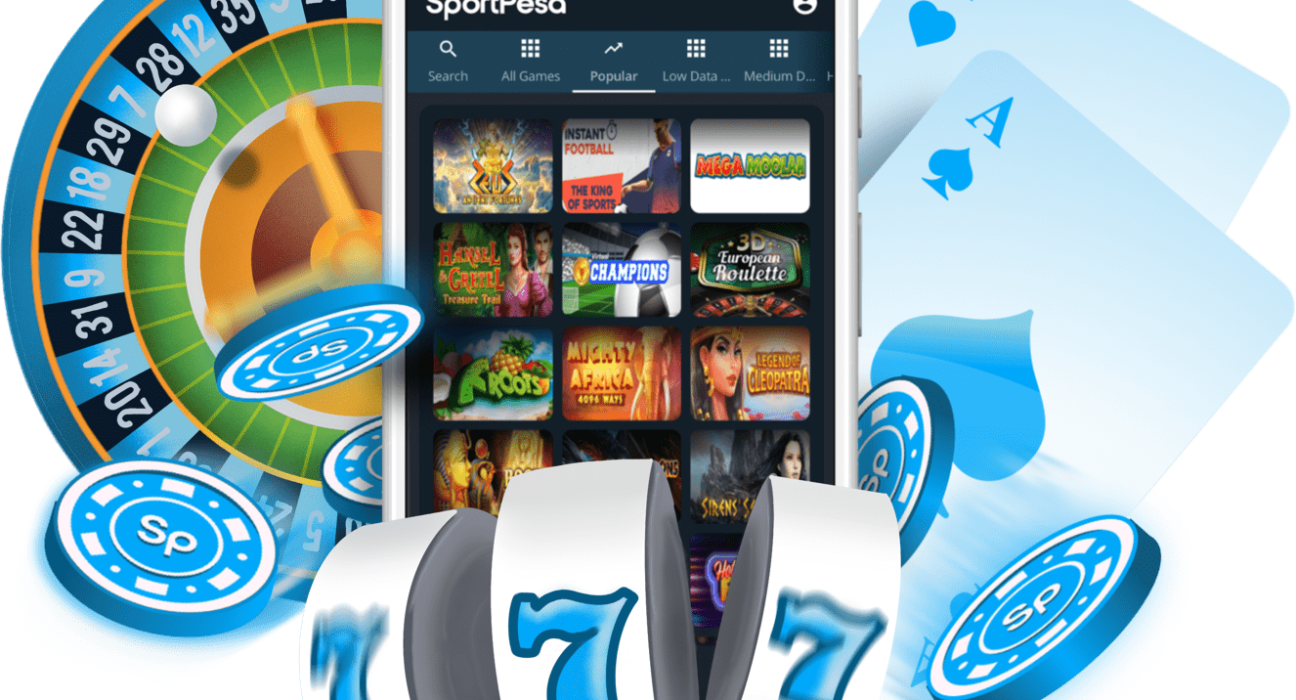How Does Gaming App Development Work? What Are Its Key Benefits?

The gaming industry has seen a significant transformation over the past decade, thanks to the advancement of technology and the rise of mobile platforms. With millions of users worldwide, gaming apps have become a major source of entertainment and revenue. However, developing a gaming app involves more than just creativity and coding; it requires a structured approach to ensure a successful product. In this post, we will explore how gaming app development works, the key stages involved, and the benefits of investing in gaming applications, particularly in the realm of casino app development.
Understanding Gaming App Development
Gaming app development is a multifaceted process that involves designing, coding, testing, and launching a game on various platforms, such as iOS, Android, and web browsers. The process generally follows these key stages:
1. Conceptualization
The first step in gaming app development is conceptualization. During this phase, developers brainstorm ideas, define the target audience, and decide on the game’s core mechanics. This is also the time to identify the genre of the game, whether it’s action, adventure, puzzle, or casino-related. For instance, if you are focusing on casino app development, you’ll want to incorporate elements that are appealing to gamblers, such as slot machines, card games, or live dealer experiences.
2. Pre-Production
Once the concept is established, the next step is pre-production. This involves creating a detailed game design document (GDD) that outlines the game’s objectives, gameplay mechanics, characters, storylines, and art style. This document serves as a blueprint for the development team and helps ensure that everyone is on the same page.
3. Prototyping
In the prototyping phase, developers create a basic version of the game to test its mechanics and gameplay. This prototype allows developers to experiment with different ideas and make necessary adjustments before moving forward. Feedback from stakeholders and potential users is crucial at this stage, as it helps refine the game concept and identify any potential issues early on.
4. Development
The development stage is where the actual coding happens. Developers use various programming languages and tools to build the game. This phase is often divided into several components:
- Front-End Development: This involves designing the user interface (UI) and user experience (UX), ensuring that the game is visually appealing and easy to navigate.
- Back-End Development: This focuses on server-side logic, database management, and game functionality, especially if the game has online features or requires real-time interactions.
- Integration of Game Assets: Graphics, animations, sound effects, and music are integrated into the game to enhance the overall experience.
5. Testing
Testing is a critical part of gaming app development. It involves rigorous quality assurance (QA) to identify bugs, glitches, and gameplay issues. Different types of testing are performed, including:
- Functional Testing: Ensures that all features and mechanics work as intended.
- Compatibility Testing: Checks the game’s performance across various devices and platforms.
- User Acceptance Testing (UAT): Involves real users testing the game to provide feedback and identify any remaining issues.
6. Launch
After thorough testing, the game is ready for launch. This involves submitting the app to relevant app stores (such as Google Play and Apple App Store) and executing a marketing strategy to promote the game. A successful launch often requires pre-launch marketing, including teaser campaigns, social media promotions, and influencer partnerships.
7. Post-Launch Support
Once the game is live, the development team must continue to support it by fixing any emerging bugs, providing updates, and adding new features based on user feedback. Post-launch analysis is also essential for understanding user engagement and retention.
Key Benefits of Gaming App Development
Investing in gaming app development offers numerous advantages, particularly as the industry continues to grow and evolve. Here are some key benefits:
1. High Revenue Potential
The gaming industry is one of the most lucrative sectors in the entertainment world. According to recent statistics, mobile gaming revenue is projected to surpass $100 billion by 2025. This presents an excellent opportunity for developers and businesses to capitalize on this growing market. Casino app development specifically has shown remarkable revenue potential due to in-app purchases, advertisements, and subscription models.
2. Global Reach
Mobile gaming apps can be accessed by users around the world, making them an excellent way to reach a global audience. This allows developers to tap into diverse markets and cater to different cultural preferences. By localizing content, developers can enhance user experience and increase engagement in specific regions.
3. Enhanced User Engagement
Gaming apps are designed to keep users engaged for extended periods. Features like leaderboards, rewards, and social sharing foster a sense of community and competition among players. This high level of engagement translates into improved user retention, increasing the chances of repeat business.
4. Opportunities for Innovation
The gaming industry is constantly evolving, providing opportunities for developers to experiment with new technologies and ideas. Innovations such as augmented reality (AR), virtual reality (VR), and blockchain technology are becoming increasingly popular in gaming. For instance, casino app development can leverage blockchain to create secure and transparent gaming experiences, enhancing player trust and safety.
5. Flexibility and Scalability
Gaming apps can be designed to accommodate different scales of gameplay, allowing developers to create anything from simple casual games to complex multiplayer experiences. This flexibility also means that developers can expand their apps with new features and updates as the audience grows, ensuring longevity and continued interest.
6. Branding and Marketing Opportunities
Developing a gaming app provides businesses with an avenue for branding and marketing. By creating a unique gaming experience, businesses can enhance their brand visibility and establish a loyal customer base. Moreover, integrating marketing strategies within the app itself, such as in-game advertisements or partnerships with other brands, can further drive revenue.
7. Learning and Skill Development
For developers, the gaming app development process offers valuable learning experiences. The challenges faced during development can enhance problem-solving skills and technical knowledge. Additionally, as the industry trends shift, developers must continuously update their skills to keep pace with new technologies and practices.
8. Contribution to the Community
Gaming apps can foster a sense of community among players. Online multiplayer games encourage collaboration and interaction, allowing players to form friendships and networks. Developers can also engage with their user base through forums, social media, and in-game events, creating a more inclusive environment.
Conclusion
In conclusion, gaming app development is a multifaceted process that involves careful planning, execution, and continuous support. With the gaming industry continuing to thrive, particularly in areas like casino app development, businesses and developers stand to gain significant benefits from investing in this dynamic field. By harnessing the power of mobile technology, developers can create engaging, innovative, and profitable gaming experiences that resonate with users. As the demand for gaming apps grows, the importance of effective mobile app development will only increase, offering exciting opportunities for those willing to explore this lucrative market.








